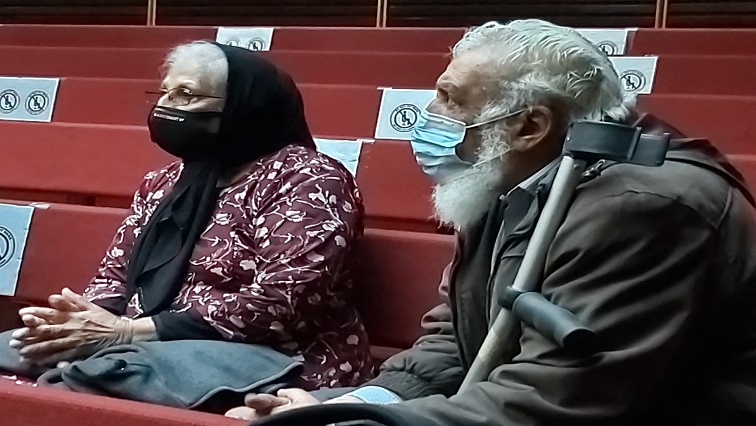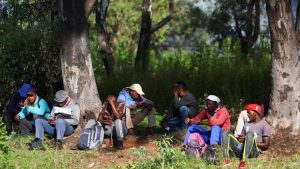WARNING: GRAPHIC DETAILS
Testimony at the re-opened inquest into the death of anti-apartheid activist Dr Hoosen Haffejee has revealed that he could have been strangled and not died through suicide by hanging while in police detention under the Security Branch.
The initial inquest found in 1978 that the 26-year-old dentist had committed suicide in a cell at Durban’s Brighton Beach police station.
The Pietermaritzburg High Court has now heard evidence from an expert who investigated the position in which Haffejee’s body was found, and reconstructed various scenarios.
Engineer Thivash Moodley has testified that it would not have been possible for Haffejee to have hanged himself in the police cell.
Earlier this week, the State conducted an inspection in loco of the Brighton Beach Police Station cell in which Haffeejee died.
Moodley told the court that it takes a weight of about 15 kilograms to constrict blood flow and lead to death by hanging.
He calculated that Haffejee’s head and upper body hanging from his pants would have weighed only 10 kilograms.
The court was shown crime scene pictures of Haffejee lying stretched out on the floor of his cell.
Only his head and upper body were lifted off the floor.
His pants were around his neck and tied to the lowest bar of the cell door. It was wound so tight that it had to be cut free.
Strangulation
Moodley agreed with medical reports that Haffejee died from strangulation.
He told the court that re-enactments of the alleged hanging with two volunteers of the same slight build as Haffejee, showed that it took quite a strenuous effort to twist and tighten the pants around their necks leading to strangulation.
Representing the Haffejee family, Advocate Howard Varney referred to medical reports that Haffejee had suffered blows to the head, as well as hard blows to the chest and stomach.
Any one of these injuries could have caused him to lose consciousness or make it very difficult for him to move, according to the experts.
Siblings’ testimonies
The court also heard emotional testimony from Haffejee’s 78-year-old brother, Ismail.
He told the court that when they unwrapped his brother’s body to prepare it for burial, he saw the injuries that he says, points to torture.
Haffejee’s sister 76-year-old Sara Lall, shared details around the prolonged impact that her brother’s death had on the entire family.
She said the search for the truth had consumed their oldest brother Yusuf, who died in 2009.
Over years of digging, he had managed to find the transcripts, a pathologist’s report and the crime scene pictures from the original inquest.
These critical documents were discovered in his study following his death.
The inquest into Haffejee’s death reopened 44 years after his death.
His passing attracted international attention at the time and his family has been fighting to have the inquest reopened, as outlined in the video below:






